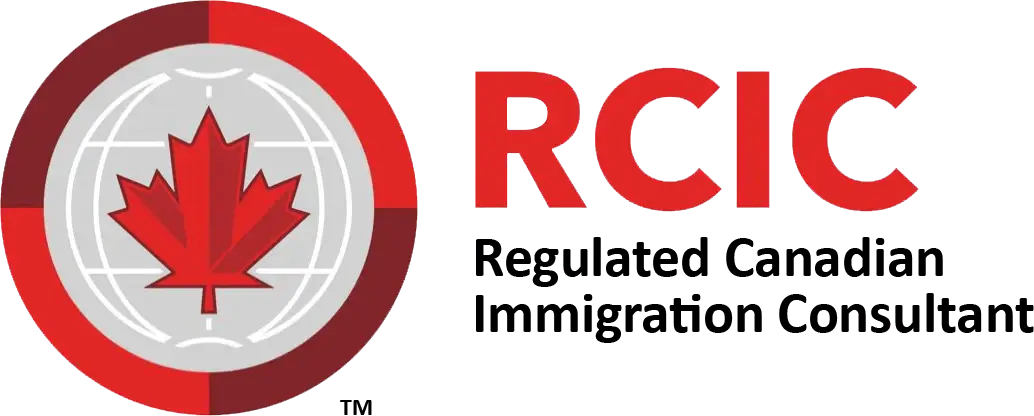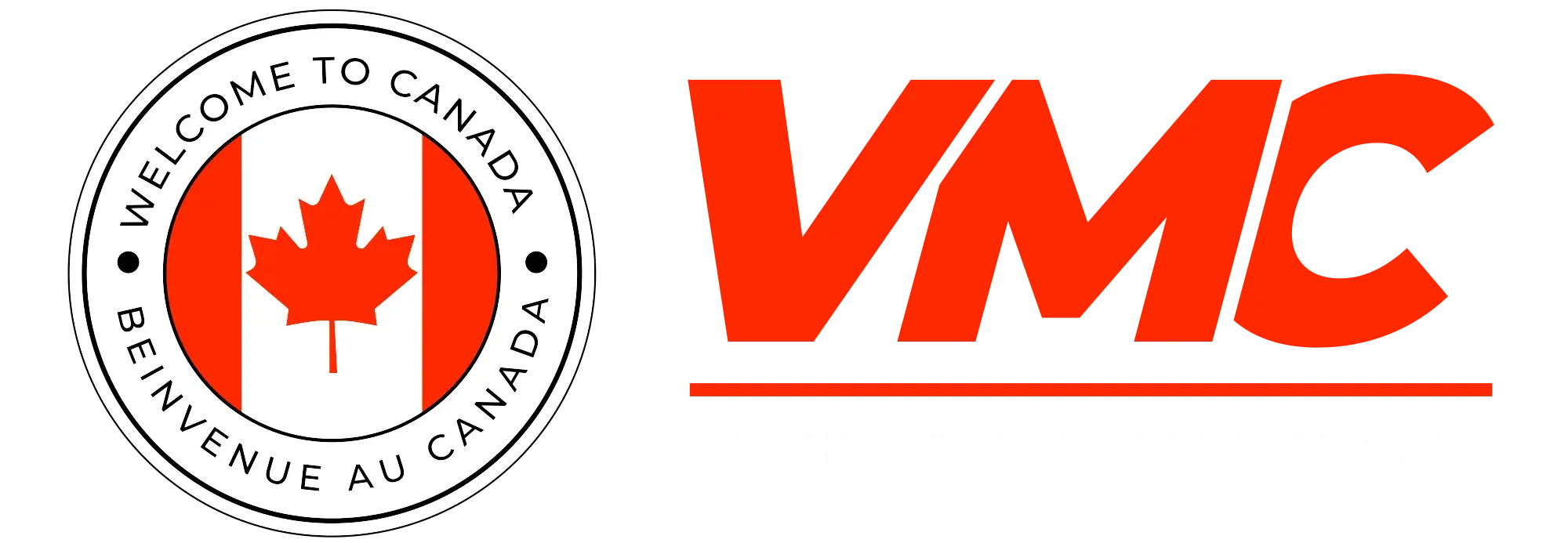Did IRCC Refuse Your Application? What to Do Next
Thinking IRCC has rejected your application? Don’t worry—it’s not the end of the road. Whether you’re applying for a visitor visa, study permit, work permit, or permanent residency, there are actionable steps you can take. This guide will walk you through everything you need to know—and how VisaMasterCanada can support you.
1. Understand why your application was refused
When IRCC issues a refusal, they send a letter with a brief explanation. However, these reasons may be:
- Generic (e.g. “insufficient financial proof,” “weak ties to home country”)
- Vague or lacking detail
To get the full story, you can request your GCMS (Global Case Management System) notes via an ATIP request. These notes provide detailed officer commentary, helping to identify precisely what went wrong.
2. Review your refusal letter and GCMS
- Carefully read your refusal letter to pinpoint the specific issues.
- Use GCMS notes to see whether your supporting documents were missed or misinterpreted.
Common refusal reasons include:
- Insufficient funds
- Weak ties to your home country
- Incomplete documentation
- Health, criminal, or misrepresentation issues.
3. Four possible responses after refusal
A. Reapply with a stronger application
If your refusal stemmed from documentation issues, you can reapply anytime (unless stated otherwise).
💡 Pro tip: Include a Letter of Explanation (LOE) and new evidence to address past concerns .
B. Submit a Reconsideration Request
If there’s a clear mistake or oversight, submit an informal request via IRCC’s webform. Focus on clarifying the error—you typically can’t introduce new documents in this step visamastercanada.
C. File a Judicial Review in Federal Court
If the refusal was legally flawed or procedurally unfair, consider a judicial review.
- File for leave within 15 days (if inside Canada) or 60 days (if outside).
- If granted, the court sends your case back to IRCC for reassessment.
D. Appeal through the Immigration Appeal Division (IAD)
Limited to specific refusals (e.g. family sponsorship, removal orders). Deadlines vary—check your refusal letter.
4. Which option suits you best?
| Situation | Best Response |
|---|---|
| Minor issues (incomplete docs) | Reapply with stronger evidence 📄 |
| Simple clerical or oversight error | Reconsideration Request |
| Legal or procedural fairness issue | Judicial Review (legal advice essential ⚖️) |
| Sponsorship or removal-related refusal | IAD Appeal |
You might combine strategies: e.g., reapply while awaiting judicial review.
5. How VisaMasterCanada can help
At VisaMasterCanada, we specialise in guiding applicants through refusal follow‑up steps:
- ✅ Interpreting refusal letters and GCMS notes
- ✅ Drafting Letters of Explanation and Reconsideration requests
- ✅ Preparing robust reapplications with extra documentation
- ✅ Advising on legal processes like judicial reviews or IAD appeals
Explore our resources and services: https://www.visamastercanada.com/
6. Final tips to improve your chances next time
- Include all requested documentation—don’t leave IRCC guessing.
- Show strong ties to your home country (e.g. employment, family, property).
- Be transparent: if you’ve been refused before, disclose it and explain what’s different now.
- Use professionals wisely—while reps don’t change decisions, they can help avoid avoidable mistakes.
A refusal isn’t the end of your Canadian journey—it’s an opportunity to correct course:
- Clarify why you were refused (via letter + GCMS)
- Choose the right path: reapply, reconsider, judicial review, or appeal
- Act quickly, especially if deadlines apply (e.g. judicial review)
- Strengthen your case and be fully transparent
- Use VisaMasterCanada as your strategic partner for success.
Giving up isn’t an option. Visit VisaMasterCanada now and turn your refusal into a stepping stone—your Canadian dream is still within reach!


